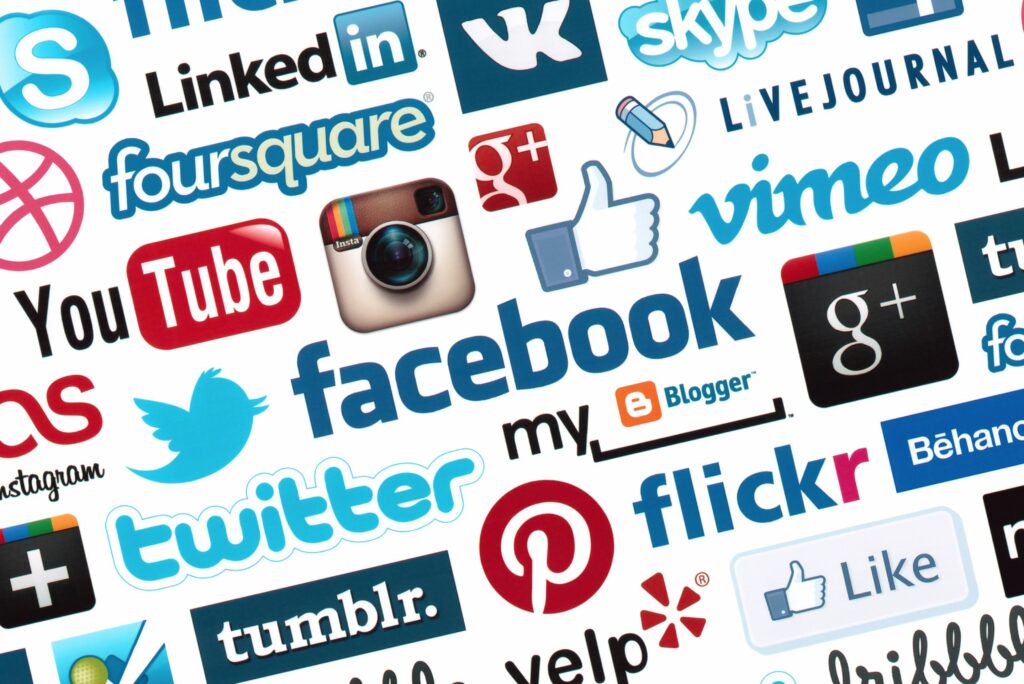In my opinion, any information that appears on the web has the potential to change your destiny. Every Twitter message, photo update, reflects your personality, abilities and priorities. I have also talked to some corporate employers or teachers of related professions, and in their opinion building a good online personal image can add to their first impression. So I will continue to run my PLN in my future study or work environment.
How to create a unique PLN or attractive social media account?
First, I would start by sorting out your capabilities and resources and removing all unprofessional content from your social media feeds. If you want to spice up your resume through personal social media, the content promulgated on social media should be relevant to your profession. I was once told by HR, “If you don’t think this photo is appropriate for the front page of the New York Times, it should also basically not be in any online space.”, I think that’s a very good criterion to review the content I want to upload.
The second point is to determine the core of our unique content. In this era of information explosion, exemplary seems to be the easiest thing to do. But the cultural heritage is the means by which we ourselves stand out from the competition. So we must persist in learning and constantly increase our own cultural heritage. When the content we post reflects our own value or predicts where things are going in real life, our followers flock to us.
Finally, it’s easier than ever to share our stories in social media. It’s our job to consistently increase our personal credibility and visibility. Let’s build our personal brand image in an active state and make sure our brand content includes good ideas we have for aspiring companies and brands.


Recent Comments